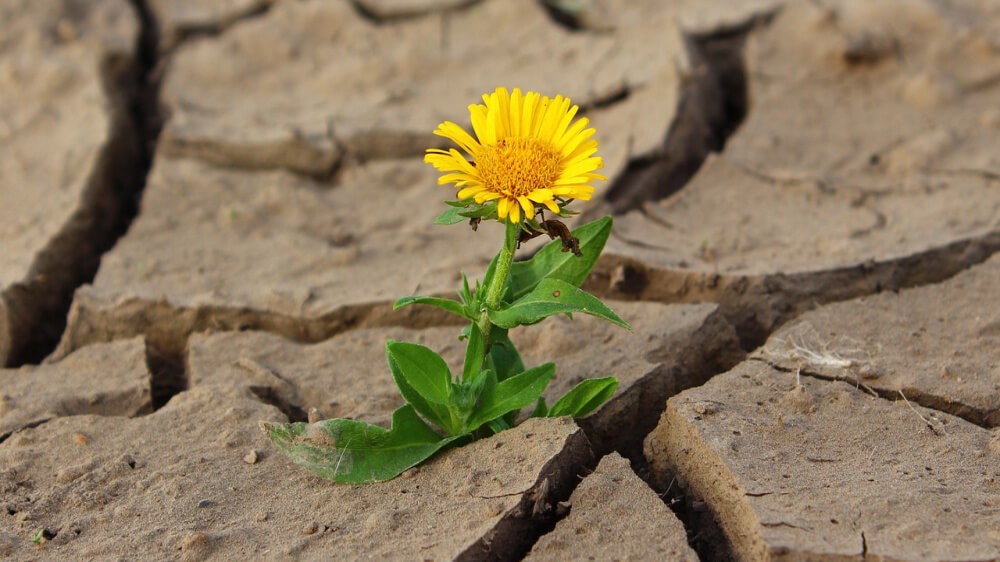I’m a Survivor of Sexual Violence That Caused My Disabilities. Here’s Why I’m Still Proud to Be Disabled.
When a 29-year-old woman initially reported to be comatose gave birth, the news broke widely. It should have. This story embodied the statistics of women with disabilities being far more vulnerable to sexual assault than the general population. Story upon story existed, but none stuck out quite like this one.
I could tell you other stories. I can quote statistics about the likelihood of people with disabilities being abused, in general or sexually. I can cite exceptional articles like this one and this one and this one, calling attention to #MeToo for disabled people. I want everyone to know these hard truths.
I also want people to know the stories of abled people who are assaulted and, through the assault, become disabled. We all need to know that sexual violence can leave lasting injuries, even disabling ones. I want us to know stories like mine.
My childhood was hell. I was first raped at age 4. I was pregnant by incestual assault at 12. By high school, I was trafficked by my dad, my body sold like an object to be used. I moved away in college, but my body bore the damage of years of violence.
I could pass for abled until recently. Then in 18 months I had seven surgeries, all while doing intense trauma work with a trained therapist. My body was telling stories of abuse, and my words were catching up, naming the abuse that matched each injury.
Along with my physical disabilities from untreated trauma, I live with autoimmune conditions that can be disabling. I used to think they were a fluke, but then I read the research of Bessel van der Kolk and the findings of the ACES study. My diagnoses are consistent with their conclusions. Childhood abuse, especially incest, is highly correlated with the body turning on itself, like mine does by attacking the lining of my joints – known as rheumatoid arthritis.
Disabled people are used to intrusive questions, but mine come with an awkward twist. When someone asks “what happened to you?” they aren’t expecting domestic violence to be my answer. I answer without shame, even if they stammer in response.
While the causes of my disabilities were horrific, I don’t need apologies from strangers. Usually they motion toward my cane as they tell me how sorry they are that I need it. I’m not bothered by my mobility aids, though. They give me freedom; rapes are what gave me pain.
When people comment “her life is ruined now,” about a survivor of sexual violence, they’re wrong. My life is changed, yes, but nothing about me is ruined. While what happened to me could be called a tragedy, my cane and walker and wheelchair are tools of health and wholeness; they are not tragedies.
I experience grief for what I endured woven with pride in who I am today. I’m unapologetically disabled. I was horrifically violated. Both are true at the same time. I’m often full of sorrow or rage or both about what I had to survive, but life is beautiful. Living in the fullness of my story, proud of my resilience, is healing.
This confuses some people. I’m supposed to be furious, they think, not proud. But why not both? I’m proud of my identity as a disabled woman within the rich community of people who fit under the umbrella of disability, an umbrella under which everyone will one day find shelter, if they live long enough for the aging process to usher them into our club. I’m also furious at the events and people who caused my disabilities. We try to make far too many either/or dichotomies, but the messy way of life involves living in the paradoxical tension of both/and.
It is good to be angry when a 29-year-old Native and disabled woman, having spent the last 26 years in the care of a health facility for chronically ill and intellectually disabled patients in Arizona, gives birth unexpectedly after being in a near vegetative state for more than a decade. It is good to be angry about that disabled people are more than three times as likely to experience violent assault than abled people. It is good to be angry that women with intellectual disabilities are seven times more likely to experience sexual violence.
But their disabilities are not what’s wrong or worthy of anger. No, it’s the actions and evil of those who chose to attack them.
Likewise, it is good to be angry about sexual violence resulting in permanent bodily or emotional disabilities, and it’s good to grieve the losses involved. But for me, the disabilities aren’t wrong or worthy of anger by themselves. No, the actions rendered by those who attack the soul and body sexually are wrong and so very worthy of our fury.
I am a survivor and proud, though I hate what I endured to live.
Likewise, I am disabled and proud, though I hate parts of the path that led me here.
About Rooted In Rights
Rooted in Rights exists to amplify the perspectives of the disability community. Blog posts and storyteller videos that we publish and content we re-share on social media do not necessarily reflect the opinions or values of Rooted in Rights nor indicate an endorsement of a program or service by Rooted in Rights. We respect and aim to reflect the diversity of opinions and experiences of the disability community. Rooted in Rights seeks to highlight discussions, not direct them. Learn more about Rooted In Rights



